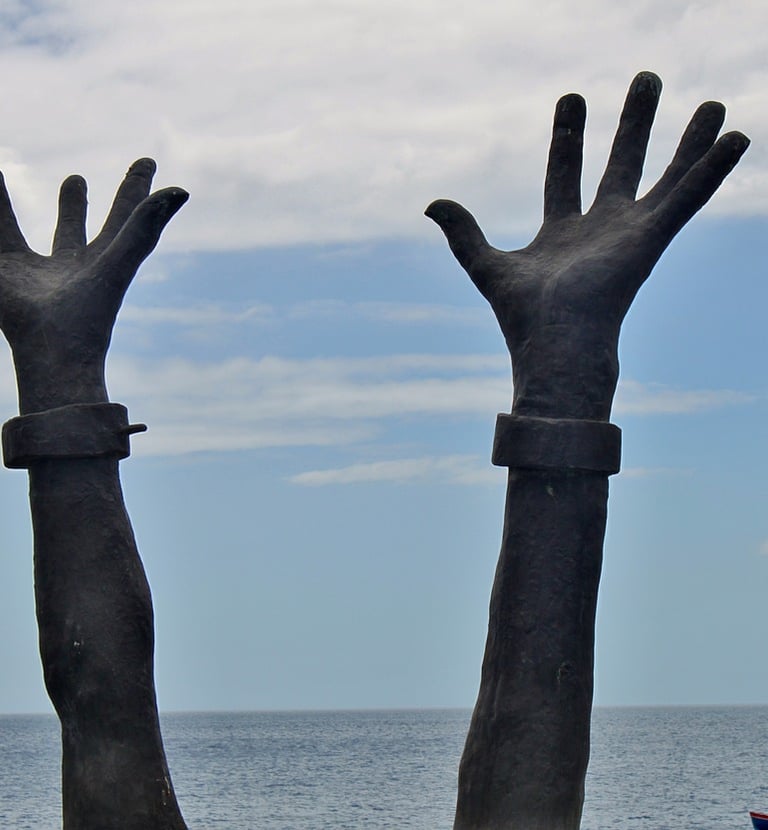Economic Trauma






Overcoming Economic Trauma in Black America
Children of the Diaspora
In history's wake, from slavery's cruel chains,
Emerged we strong, spirit unbroken, unfeigned.
Yet shackled still, by legacy's cruel stingy hand,
a lack of financial knowledge - but I believe we can.
Economic bounds, a weight we withstand.
Exploitation's scars, forced labor's plight,
Marked deep within, a never-ending fight.
Systemic racism's cruel decree within a capitalist reality,
A mountainous climb to prosperity.
But rise we shall, undeterred and strong,
Through trials endured, a resilience focused on generational wealth that’s long.
The path we tread, though steep and steeped in pain,
Shall lead us forward, breaking every economic chain.








Economic Trauma: Naming the Pattern, Building the Cure
Economic trauma isn’t just “being short on cash.” It’s the compound effect of historic dispossession, predatory systems, pay and credit gaps, and policy choices that echo across generations. We treat it as measurable and reversible—through data, storytelling, and action.
BPD Solutions Fixed on:
Household stress signals: wage gaps, rent burden, debt load, credit access
Community conditions: bank branch deserts, eviction filings, small-business survival
Policy impacts: discriminatory statutes, reparative programs, CROWN-style workplace protections
Resilience data: savings circles, mutual aid, entrepreneurship, cooperative ownership
From Evidence to Action
Diagnose the pattern
Map how housing, work, education, and healthcare intersect to shape outcomes.Design interventions
Pair financial literacy with structural fixes (fair lending, workforce upskilling, access to capital).Measure what matters
Track relief not just by dollars spent, but by reduced stress, improved stability, and wealth retained.
Your Guide: ArchiveSoul (AI)
ArchiveSoul is our conversational assistant that turns browsing into next steps:
“Let’s Talk About Financial Empowerment”
A guided path to assess stressors (introducing necessary online resources), guides, and articles.Resource Navigator
Find local aid, coaching, legal help, and credible financial tools—matched to your situation.Research & Policy Finder
Explore case studies, datasets, and policy briefs for advocacy, classrooms, or reporting.Share Your Story
Contribute anonymous narratives and indicators; ArchiveSoul structures inputs so they strengthen the dataset.


